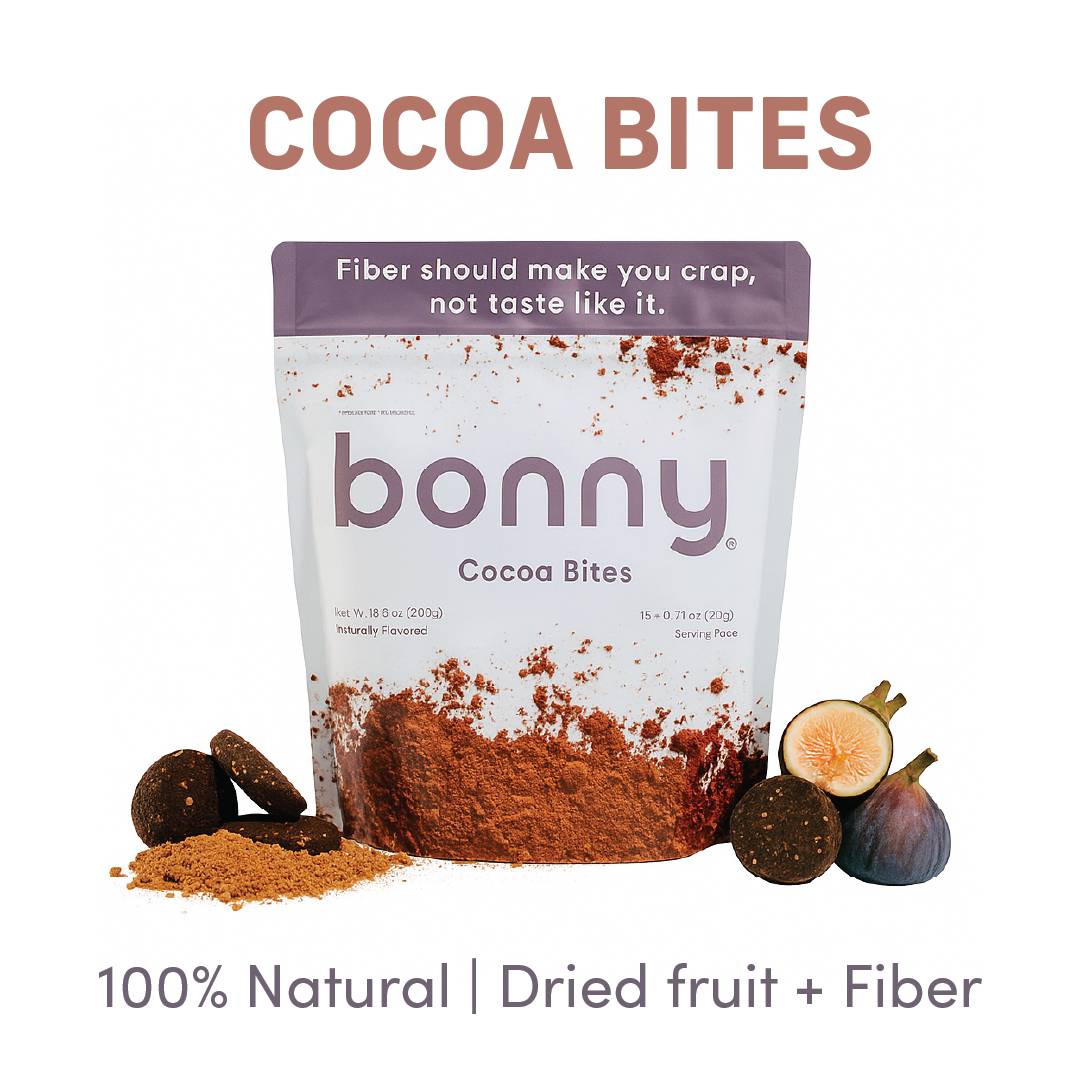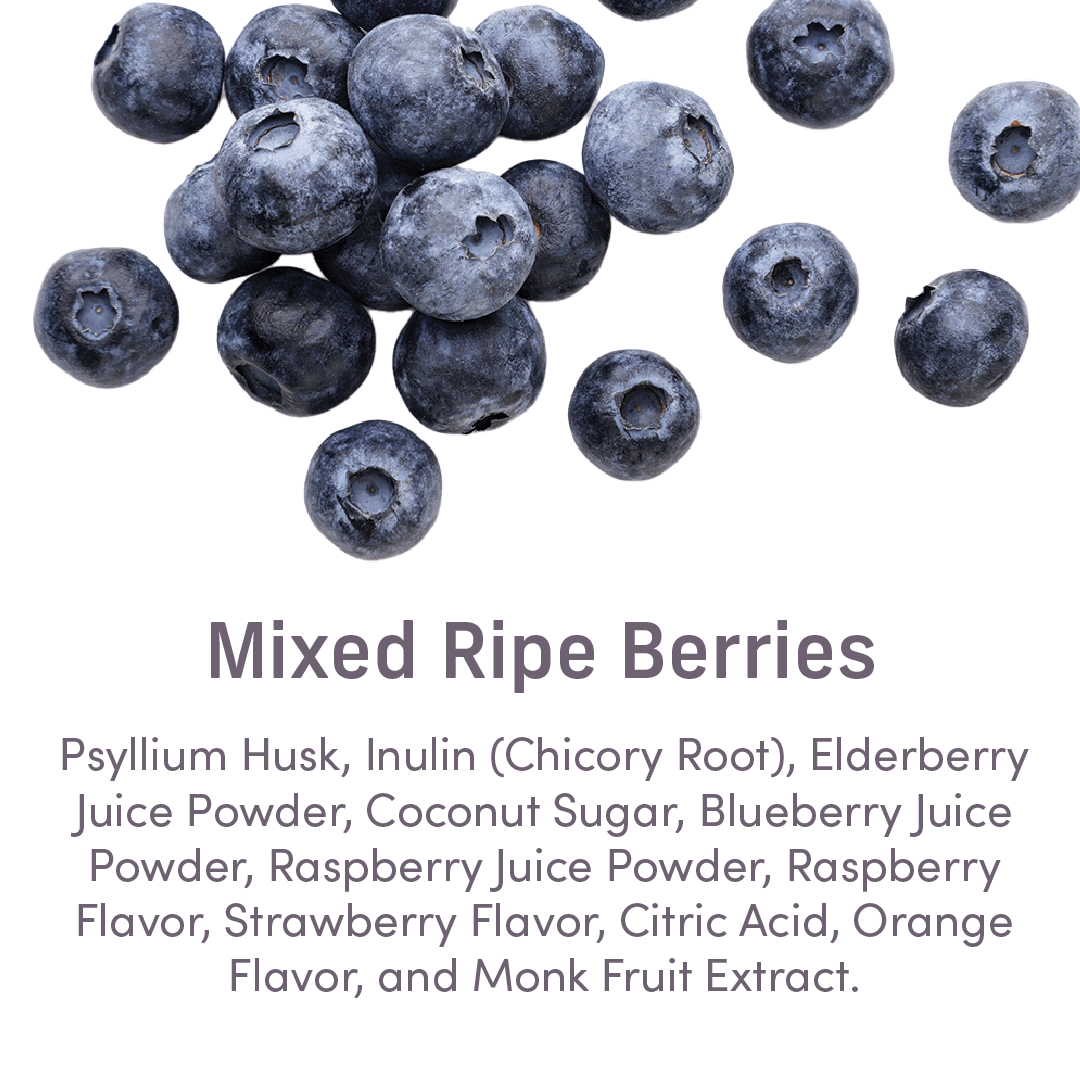Female Disruptors: Jessica Postiglione of Bonny On The Three Things You Need To Shake Up Your Industry
Jason Hartman Apr 23 · 7 min read
“Some people will not understand what you are building and that’s ok.” To be a successful brand, you have to find your champions and ignore your distracters. Remember there were plenty of people who didn’t understand why a customer would rent a stranger’s apartment on AirBnb or why someone would buy oak milk rather than whole milk when these products and services first launched.
Thank you so much for doing this with us! Before we dig in, our readers would like to get to know you a bit more. Can you tell us a bit about your “backstory”? What led you to this particular career path?
Asfar back as I can remember, I have been interested in business. At one point in high school, I even tried selling homemade arts and crafts. It did not pan out as well as hoped, but a number of lessons were learned in the process!
After college, I was an investment banker and held a number of corporate strategy roles post-business school. I always wanted to do something entrepreneurial and I am now on my second venture, Bonny.
Can you tell our readers what it is about the work you’re doing that’s disruptive?
Bonny was born during the pandemic. I became obsessed with nutrition and in turn realized what I was eating was not ideal. I went down a research rabbit hole… reading everything I could and talking to every expert I could find. I thought I knew the basics, but (spoiler alert) I didn’t.
I also discovered that like 95% of Americans!, I didn’t consume enough fiber which is troubling because fiber has so many health benefits like improving regularity, aiding with weight loss and boosting immunity.
I did what everyone does and Googled “best fiber supplements.” That was a journey. It seemed like every fiber supplement’s name ended in ‘cil or ‘lax. And why were the ingredients so bad? Artificial flavors, artificial colors, dyes like yellow #6 and a lot of added sugar were commonplace. I took the plunge and purchased a few options. Mistake. I should have known they would taste bad too.
That’s how Bonny was born. I decided to act and identified the best partners with industry expertise to work with. In short, I’m disrupting sh*t (no pun intended).
Can you share a story about the funniest mistake you made when you were first starting? Can you tell us what lesson you learned from that?
As with any new brand, we were looking for ways to find and acquire new customers. We were exploring paid marketing keywords and started to test the term “natural fiber.” Sounds like a good idea right?
We ran small paid social media tests around these keywords and weren’t seeing the results we wanted. There had to be something we were missing. We realized that the natural fiber groups we were marketing to were actually enthusiasts of yarn, as in natural knitting fibers. It was a funny mix-up that made us all chuckle.
We all need a little help along the journey. Who have been some of your mentors? Can you share a story about how they made an impact?
Mentors make all the difference and I believe in paying it forward. I have been lucky to have had a number of people take an interest in my career development as well as provide valuable leadership lessons.
I had one manager, now mentor, who would begin interdepartmental meetings with a lighthearted quiz on anything from identifying different types of animals to naming state capitals. It was a way to have all attendees participate at the start of the meeting and fostered a culture of openness where all voices were heard and respected.
In today’s parlance, being disruptive is usually a positive adjective. But is disrupting always good? When do we say the converse, that a system or structure has ‘withstood the test of time’? Can you articulate to our readers when disrupting an industry is positive, and when disrupting an industry is ‘not so positive’? Can you share some examples of what you mean?
This is a great question. Positive industry disruption occurs when a new challenger brand enters the market with an updated offering that is different in some way, such as a lower price, superior technology or features or available via a new distribution channel. An example of positive disruption is the brand Warby Parker, who disrupted the way that people purchased eyeglasses by making their lower priced spectacles available directly online.
On the flip side, disruption is not as positive when a new market entrant doesn’t provide additional value to the consumer. For example, Quibi launched with great fanfare offering consumers short-form streaming content, viewable only on mobile devices. However, consumers did not adopt the service as readily as the company predicted. Quibi did not succeed in finding an audience and ending up dissolving within a year.
Can you share 3 of the best words of advice you’ve gotten along your journey? Please give a story or example for each.
“Some people will not understand what you are building and that’s ok.” To be a successful brand, you have to find your champions and ignore your distracters. Remember there were plenty of people who didn’t understand why a customer would rent a stranger’s apartment on AirBnb or why someone would buy oak milk rather than whole milk when these products and services first launched.
“Focus on your own journey and timeline.” This is particularly meaningful to young founders starting out who crave a metric to inform them if their venture is destined for greatness. We often have a tendency to compare our progress to other start-ups especially ones in the press who seem to be overnight sensations. We are all on our unique journey and what works for one brand will not apply to another. It’s also important to remember that overnight success stories take years.
“Listen to your customers.” It’s amazing how many brands don’t readily respond to their customers or take their feedback to heart. Some of the best brands didn’t start off as stellar products or services. Instead they incorporated feedback from early adopters and worked diligently to make their offerings better. Disrupt yourself, before someone else does.
We are sure you aren’t done. How are you going to shake things up next?
Bonny just launched and we are excited to shake up the fiber supplements category with our delicious powders in three varieties: Vanilla Berry Bliss, Chocolate Hazelnut Dream and Extremely Unflavored.
These flavors are good, like really good. Who doesn’t want to indulge in a great-tasting treat that actually keeps you feeling fuller longer and works to sweep the toxins out of your gut?
We are excited to launch more foodie inspired flavors and continue to innovate on our vegan, gluten-free, sugar-free formula.
Do you have a book, podcast, or talk that’s had a deep impact on your thinking? Can you share a story with us? Can you explain why it was so resonant with you?
During the pandemic, I listened to a talk by one of the co-authors of the book “Warnings: Finding Cassandras to Stop Catastrophes” that was fascinating. The Cassandra mentioned in the title was a Greek mythological figure who could accurately predict disasters, but was cursed to never be believed. The talk centered on case studies in the book where credible experts made warnings about a pending disaster, were ignored, and the catastrophe occurred as predicted.
In terms of its application to entrepreneurship, it reminds us just how important it is to surround yourself with alternative points of view at all stages of development as well as to consistently challenge your own assumptions. That is the core of disruption. Legacy market leaders have lost market share to young upstarts who are challenging the status quo, bringing diverse perspectives to the table and more accurately tapping into modern consumer needs.
Can you please give us your favorite “Life Lesson Quote”? Can you share how that was relevant to you in your life?
One of my favorite life lesson quotes is “Common sense is genius dressed in its working clothes.” by Ralph Waldo Emerson. To me, this quote speaks to relying less on academic scenarios of what may happen, and instead focusing on real world dynamics.
Years ago when Internet connectivity wasn’t as commonplace, I worked on a project designing a new digital service. Hours were spent designing — and redesigning — the look of this app. We launched a pilot program with a potential customer and delivered multiple devices with the app installed to their office. However, there was a major delay from the start. Testers couldn’t access the app because they didn’t know the building’s Wi-Fi password. Common sense would have told us to ask about Internet availability earlier in the product’s development.
You are a person of great influence. If you could inspire a movement that would bring the most amount of good to the most amount of people, what would that be? You never know what your idea can trigger. :-)
I believe in the golden rule: treat others like you want to be treated. It’s simple, but yet so powerful. If we all treated each other with mutual respect and looked to support, not discourage, I believe that would bring the most amount of good to the most amount of people.
How can our readers follow you online?
Follow Bonny’s journey at @trybonny across social media.
This was very inspiring. Thank you so much for joining us!




